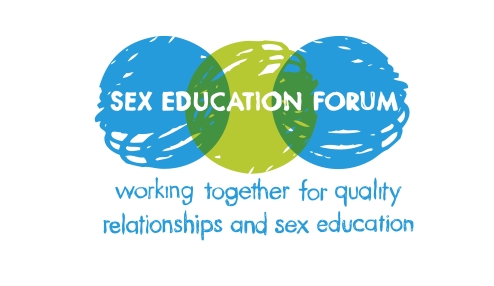Through my work with BigTalk Education, I personally deliver presentations to parents and carers in schools throughout term time, and as an organisation we reach thousands of children every year.
Following a recent presentation to parents and carers at a school in South Yorkshire, two Asian mums explained to me that they had been selected to represent their extended family which included about 15 nuclear families. They had been tasked with deciding whether or not the new Relationships and Sex Education (RSE) programme was suitable for their children.
It was almost with euphoria that they shared with me, not only did they think it appropriate, but that they believed it would be beneficial for their children to receive age appropriate, fact based RSE. I’ll always remember their response to the end of our presentation, ‘is that it?’ They went on to explain that most of the social media they had seen around statutory RSE had been extremely negative, but they were pleasantly surprised by how age appropriate and relevant the topics covered would be.
Of course, not all meetings have been so positive and responses vary greatly from school to school, but it is often the quiet majority, those seeking more information, support or assurance that ultimately holds sway.
Discussion with a wide range of parents and carers in recent weeks has helped us understand current perspectives and needs. Here are five bits of learning to share:
1. Many parents assumed that RSE was already statutory and now believe major changes are coming, especially at primary school level. This is not necessarily the case, as many schools are already delivering very effective RSE and the new guidance is simply about ensuring it isn’t a post code lottery. It helps to explain that changes to RSE build on what schools are already doing.
2. Some parents and carers arrive anxious, due to their own negative school experiences or their own problems discussing sex and relationships. Making an effort to greet parents individually helps warm up the crowd.
3. Parents and carers often want to ask very specific questions in regards to their own child, particularly if they have any additional needs. It’s worth schools anticipating these questions and having resources ready and space for one-to-one conversations if possible.
4. We are often told by parents that their child is not ready, but often through discussion we find it is the parent who is not ready. We need to remind parents that in a digital world, where it is far easier to access adult content than it should be, waiting is not advisable. Ignorance only leaves children open to abuse and exploitation.
5. LGBT inclusive teaching has led some parents to assume intimate details about sexual relationships will be discussed at primary school level, which is of course not the case. It is important to be clear about what will and won’t be covered.
We always stress to parents that we are working in partnership and inform them that research tells us that children and young people want their parents to be their primary educator in this field. Responses are as different as the parents attending, but it’s the quiet majority that hold the key, they come seeking help in terms of hints, tips, when is best and how?
It is through openness, trust, good communication and working together as parents and educators that we can get the best outcomes for their children.
Lynnette Smith, Chair, Sex Education Forum
Lynnette will be Chairing our flagship autumn conference on 29 November 2019, including a panel discussion with Parentkind, Nazir Afzal OBE, Head teacher Lindsay Gamble and Ritu Mahendru.




Share